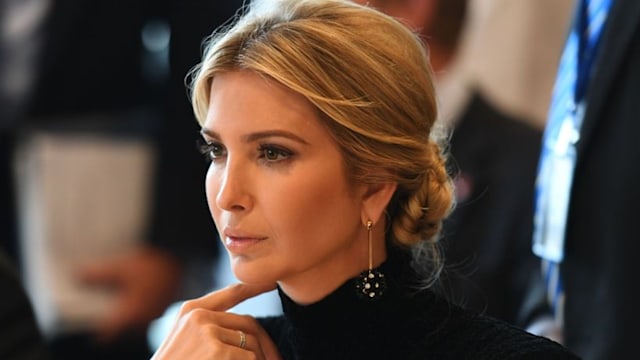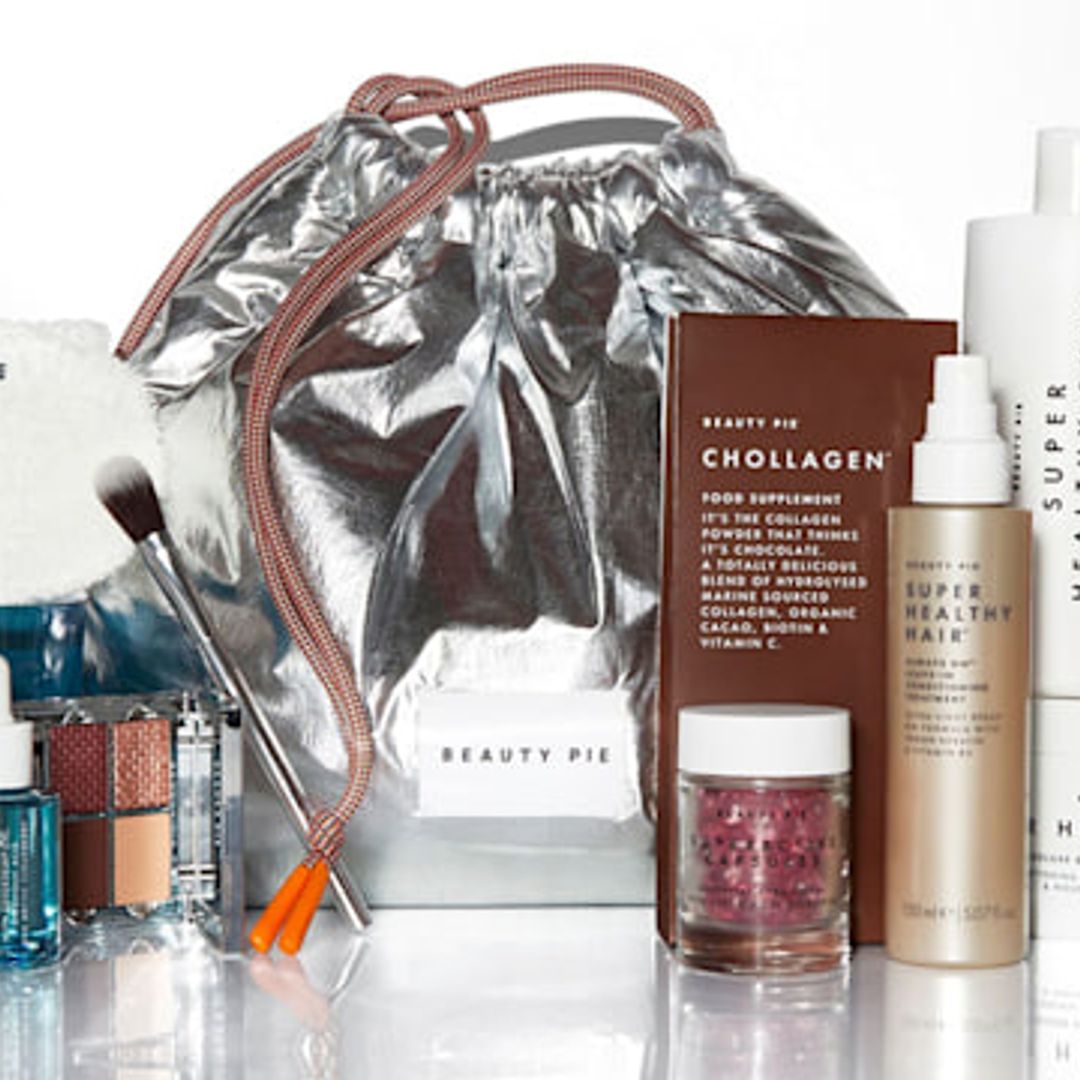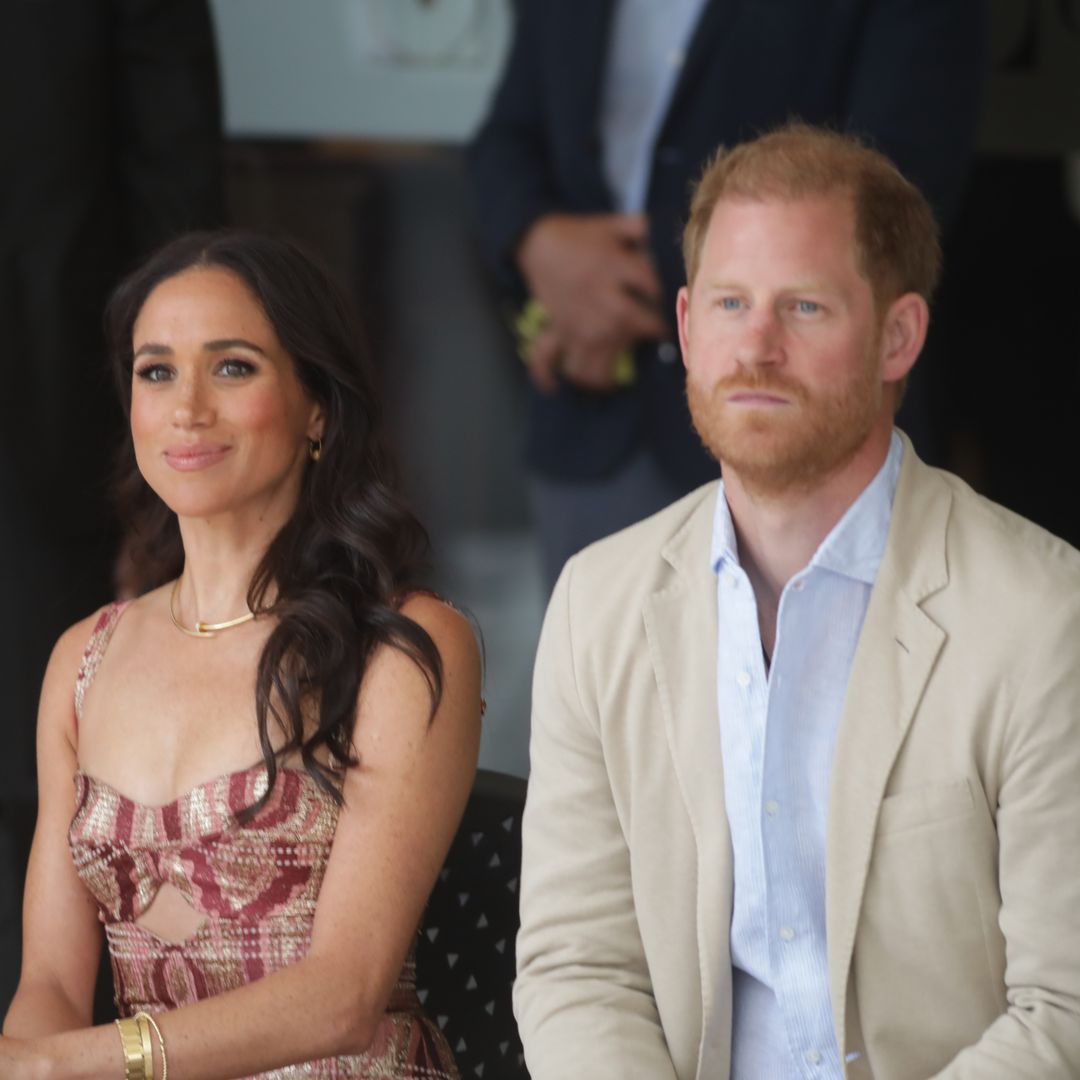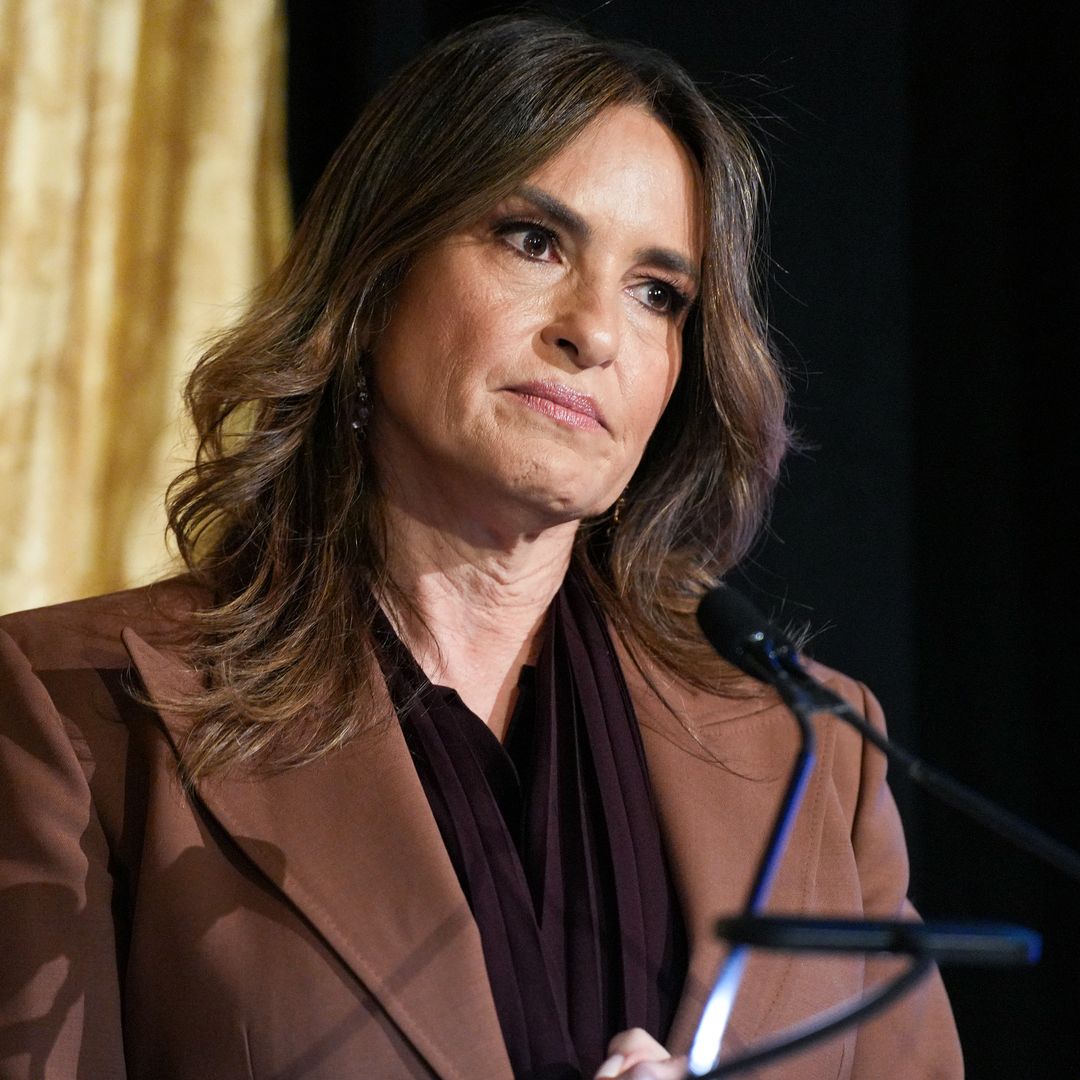Ivanka Trump has revealed she suffered postnatal depression after the birth of each of her three children. The 35-year-old, who is a mum to Arabella, six, Joseph, three, and Theodore, one, opened up about her experiences in an interview for The Dr. Oz Show.
GALLERY: Behind the scenes at the White House - the Trump family's best photos
"With each of my three children I had some level of postpartum depression. It was a very challenging, emotional time for me because I felt like I was not living up to my potential as a parent or as an entrepreneur and executive," she confided. "I had had such easy pregnancies that in some way, the juxtaposition hit me even harder."
Ivanka Trump suffered postnatal depression after the birth of her three children
Ivanka, who works as a senior presidential advisor to her father, President Trump, has never spoken about her experiences before. When asked about why she had made the decision to talk about postnatal depression, she replied: "It's incredibly important. Look, I consider myself a very hard-charging person. I am ambitious. I'm passionate. I'm driven, but this is something that affects parents all over the country."
One thing she has found helps her is meditation, saying that 15 or 20 minutes of meditation every morning "recharges" her. "It's been enormously helpful to me," Ivanka revealed.
Ivanka said meditation helps to recharge her
Ivanka is not the only celebrity to open up about postnatal depression; Chrissy Teigen penned an essay earlier this year revealing her own struggles following the birth of her daughter Luna in 2016, while Gwyneth Paltrow also said she suffered postnatal depression after welcoming her son Moses in 2006. "At my lowest, I was a robot. I just didn't feel anything," she told Vogue in 2010.
STORY: Chrissy Teigen reveals struggle with postnatal depression
Postnatal depression is estimated to affect one in every ten women within a year of giving birth, and can cause symptoms such as a persistent feeling of sadness and low moods, lack of energy and difficulty bonding with your baby. There are a range of effective treatments available, including therapy and antidepressants, while the NHS suggest talking to friends and family, regular exercise and eating well may all help.
See the latest health features here.











